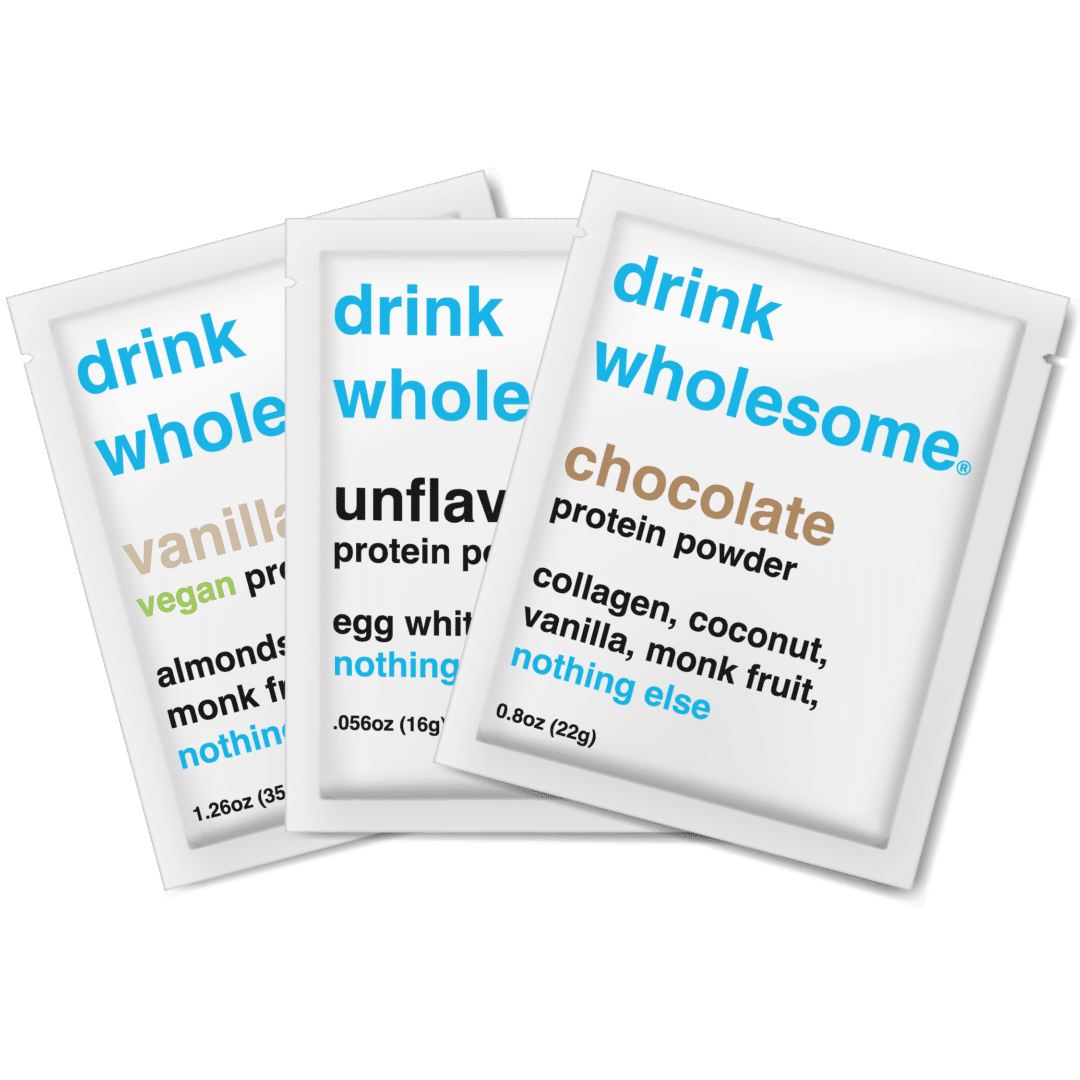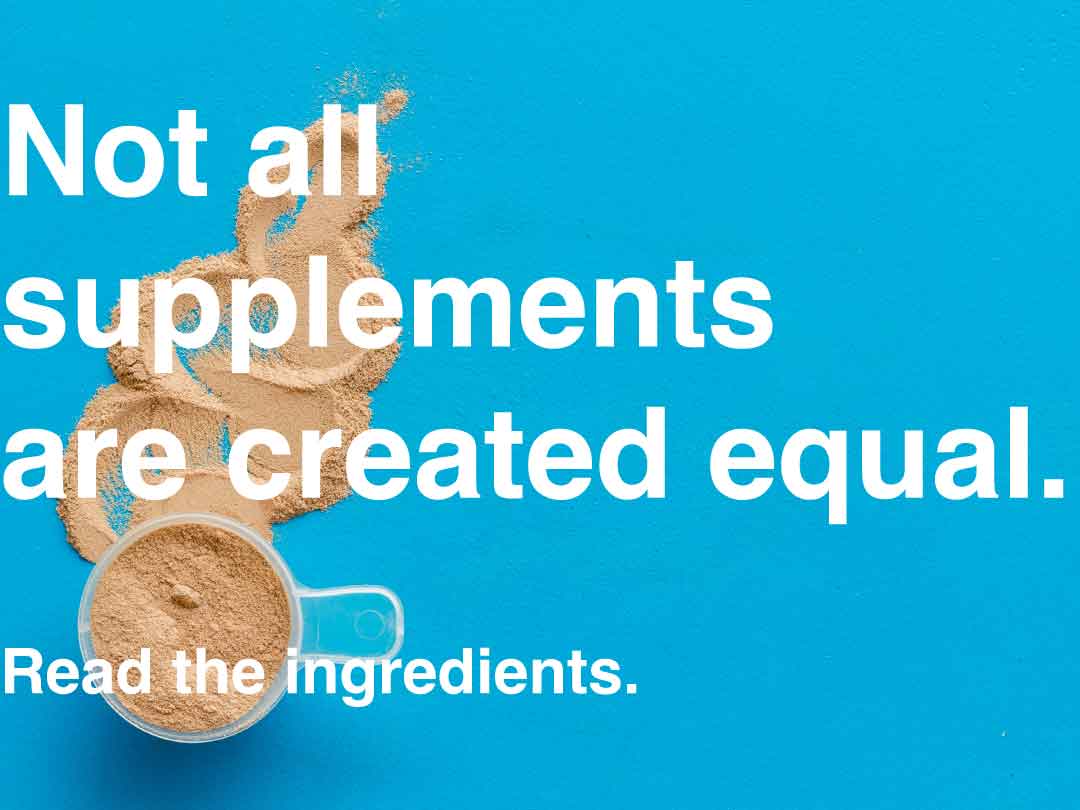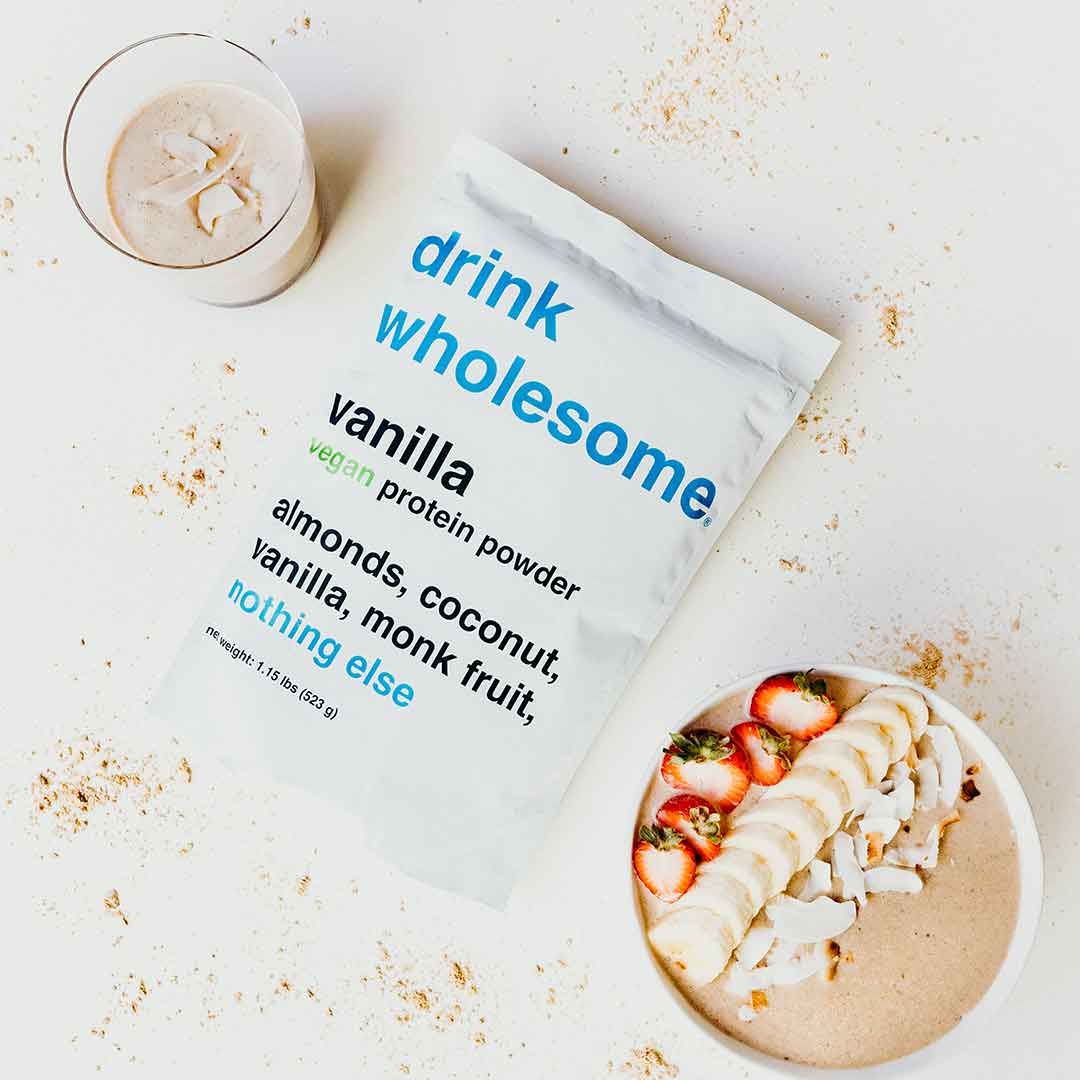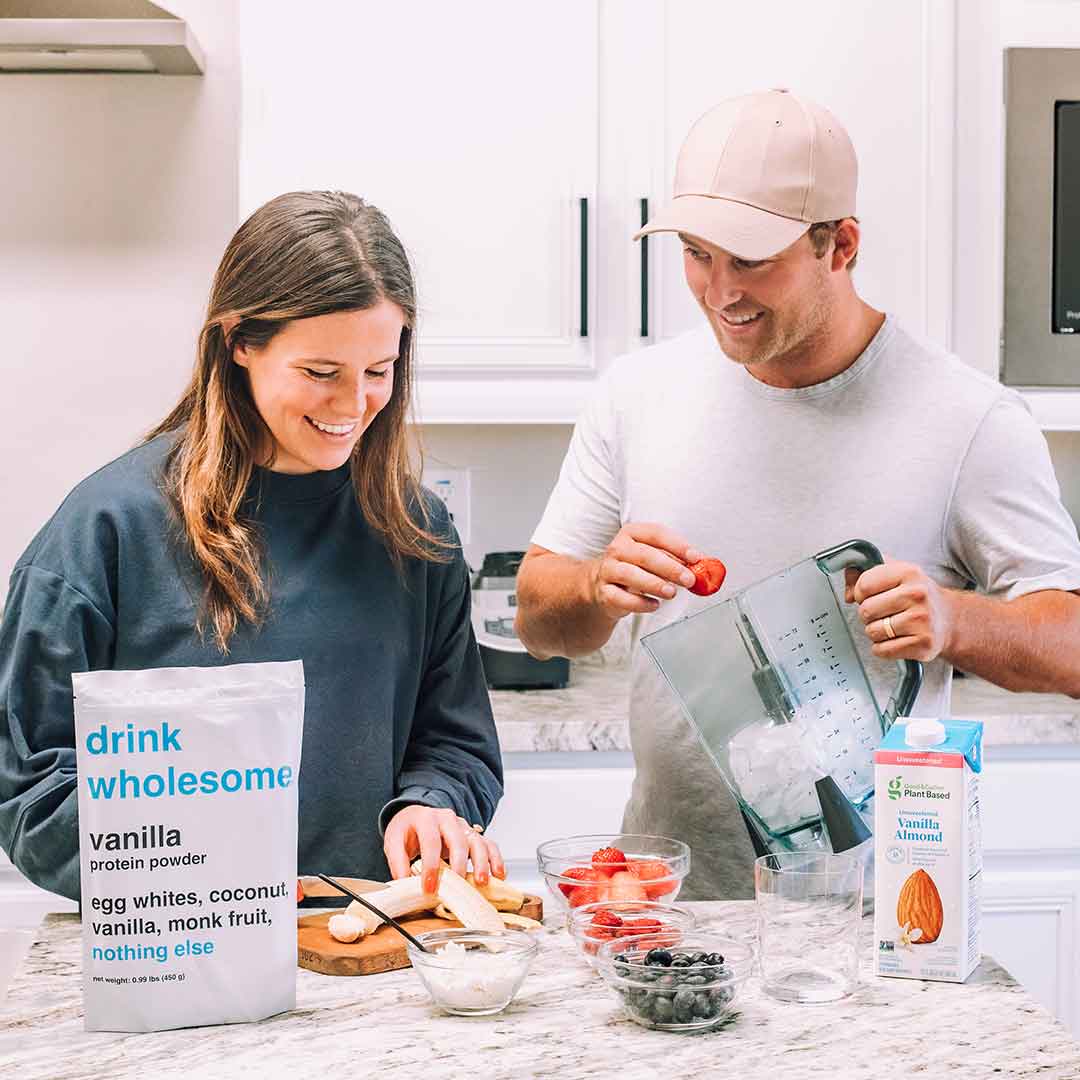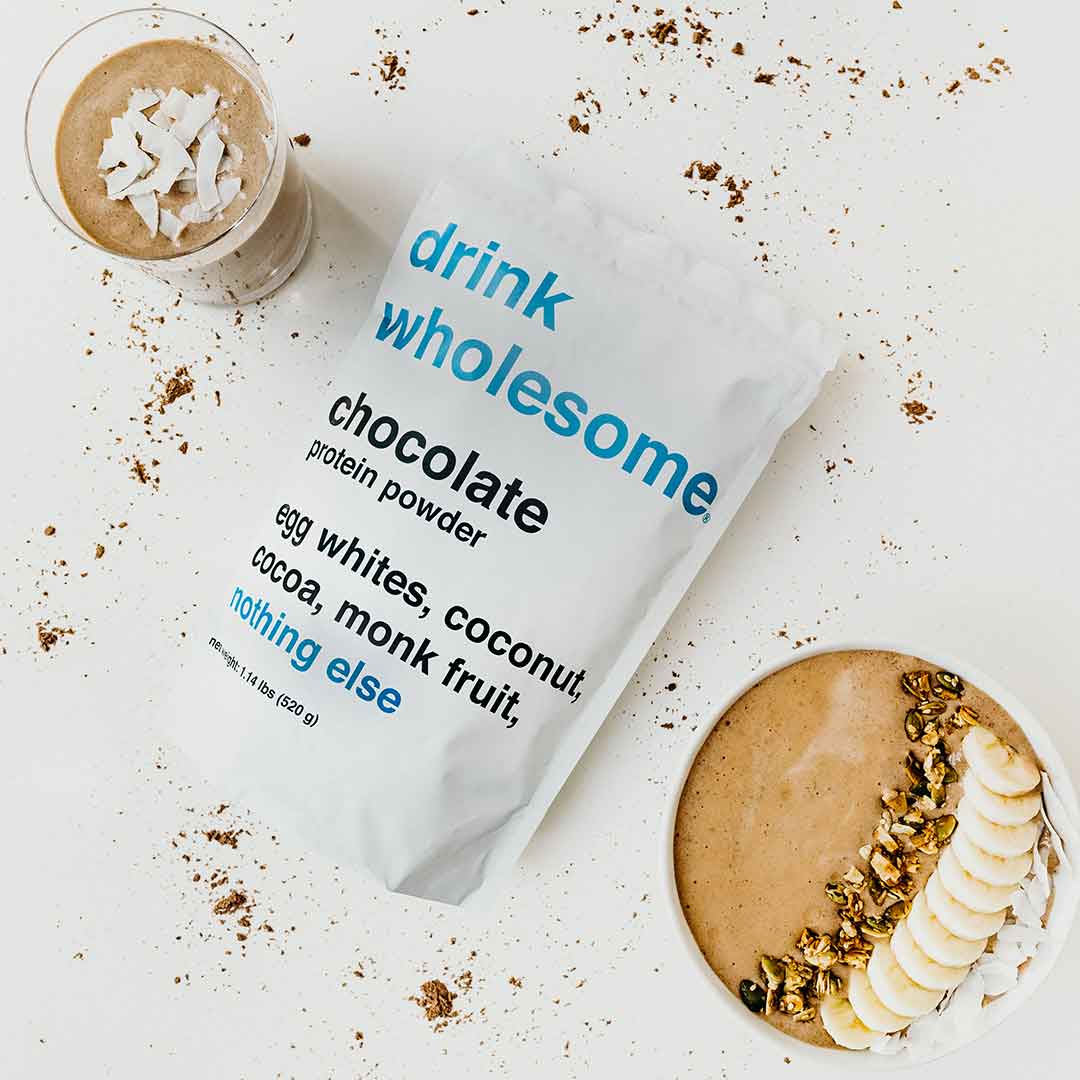drink wholesome is the best protein powder for depression.
Can protein powder make you depressed?
You may have read that protein powder can cause depression. My advice is to stop reading. There is no clinical evidence that supports an association between protein powder and depression, so what you have read is little more than hearsay.
Almost everyone who claims that protein powder can make you depressed cites the same study conducted by the University of Sydney and published in Nature Metabolism. In this study, researchers examined the relationship between dietary branched-chain amino acids (BCAAs) and overall health. They found that long-term dietary BCAA manipulation influences healthspan and lifespan in mice.
Yes, that was not a typo; this study involved three hundred and twelve male and female mice, not humans. The notion that protein powder can cause depression in humans is therefore an extrapolation of animal data to humans. Generally speaking, the assessment of human response from animal data is significantly limited, so using this study to make claims about human health is an overstatement.
In order to really understand why it is a fallacy to use this study to argue that protein powder causes depression in humans, however, you first have to understand what BCAAs are. Branched chain amino acids (BCAAs) are a group of 3 amino acids: valine, leucine, and isoleucine. In case you forgot, amino acids are the building blocks of protein. There are 20 of them, 9 of which are deemed essential.
Essential amino acids cannot be made by the body and must come from food like beef, chickpeas, and eggs. The point here is that BCAAs are in most of the foods that we eat, not just in protein powders. To say that protein powder, because it contains BCAAs, causes depression is therefore absurd. If BCAAs were really the issue, then all dietary protein sources would make us depressed.
The third reason why it is absurd to use this study to talk about human depression is that the study in question mentions depression only once – “Indeed, reduced plasma ratios of Trp relative to the other large neutral amino acids (Trp ratio) have been associated with depression and obesity.”
Here, the researchers are referring to existing literature on the association between low levels of Tryptophan (Trp), an amino acid, and depression in humans. They are not referring to their own findings. Although they did find that increased ingestion of BCAAs lowers brain Trp uptake in mice, they are talking about mice, not humans. Using this quotation, which is only an afterthought, as evidence that protein powder causes depression in humans is therefore absurd.
In conclusion, protein powder does NOT make you depressed. There is absolutely no evidence that suggests otherwise.


